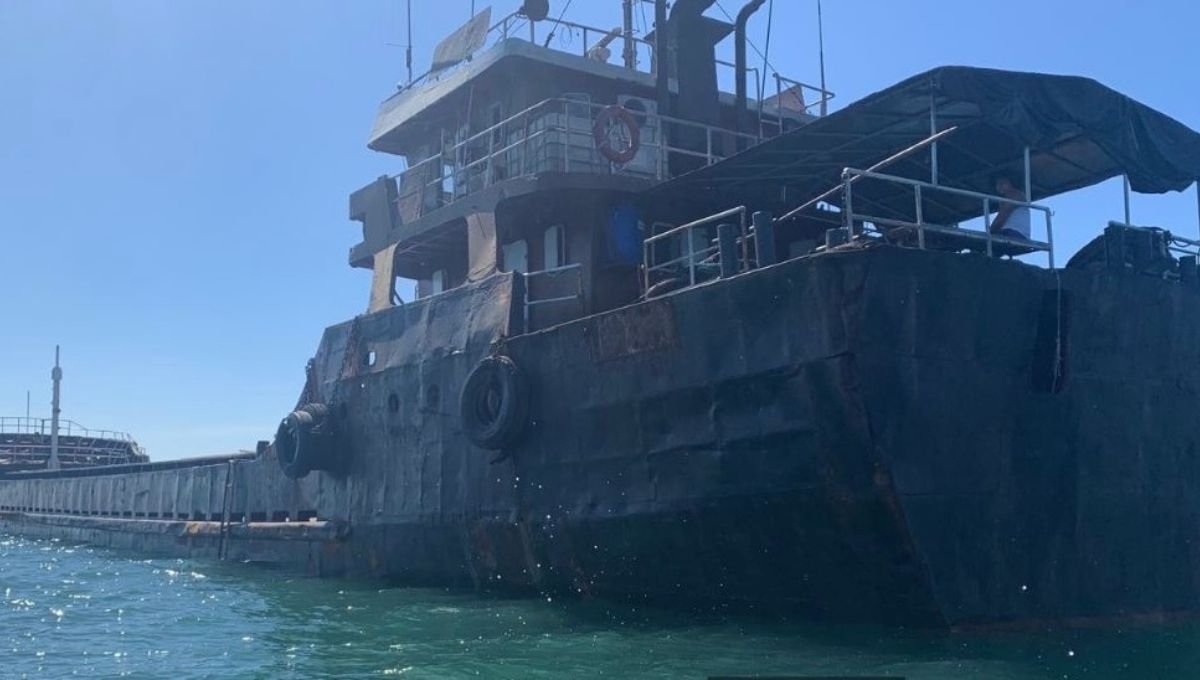South-East Asia’s dark fleet and the consequences for legitimate traders
12 June 2023
While there are well known consequences to the marine environment that can result from unauthorised ship-to-ship transfers, another consequence is the threat of innocent vessels being penalised as a result of sanction busters broadcasting false vessel identification details.
By Thomas Timlen, Analyst South-east Asia
Tankers performing unauthorised ship-to-ship liquid cargo transfer operations in clandestine efforts to circumvent a range of sanctions not only pose a threat to the marine environment, but their efforts to mask their activities by concealing the true identities of the vessels involved can also impact vessel operators conducting completely legal business. This latter consequence arises from the sanction-busters’ practice of broadcasting falsified vessel details that may include the names and identification numbers of innocent ships.
The Legal Committee of the International Maritime Organisation (IMO) describes ship-to-ship transfers in the open ocean as a “dangerous practice.” During recent discussions, in addition to the consequences to the environment, the committee also examined the methods used to obscure ship identities and the practice of turning off AIS transponders.
Companies operating vessels whose names are similar to false vessel names broadcast by sanction busters, or operating vessels that have had their names and identification numbers misappropriated by the sanction busters, can face situations in which enforcement agencies initiate investigations - potentially ensnaring vessels and crew that have had no involvement with the clandestine operations.
It is worthy to note that unauthorised ship-to-ship operations that have been taking place in South-East Asia for several decades go beyond the scope of circumventing sanctions. While sanction busting is known for the regular involvement of larger vessels such as VLCCs, activities involving the unauthorised sale, purchase and storage of fuel involves a wider range of vessel types, from small fishing trawlers and motorboats to tugs and tankers of various sizes.
Another worrisome aspect involves the ship-to-ship transfer of oil-contaminated bilge waste to tankers offering to arrange for its disposal. One driver behind this activity is the lack of reasonably priced shore-based waste reception facilities that comply with the International Convention for the Prevention of Pollution from Ships (MARPOL) treaty. In an effort to facilitate the legal disposal of such waste, the Cooperative Mechanism on Safety of Navigation and Environmental Protection in the Straits of Malacca and Singapore created a directory of waste reception facilities situated along the straits aimed at promoting the lawful discharge of such fluids.
Back at the IMO, the Legal Committee noted that a global fleet of between 300 and 600 tankers, primarily comprised of older ships, including some not inspected recently, having substandard maintenance, unclear ownership and a severe lack of insurance, is currently operating as a 'dark fleet' or 'shadow fleet' to circumvent sanctions, increasing the risk of oil spills and collisions.
While the IMO studies remedies to address these issues, law enforcement agencies in South-East Asia continue to monitor activities closely as evidenced by a steady stream of arrests and detentions of persons and vessels caught conducting unauthorised ship-to-ship transfers on the region’s waters. The threats to legitimate traders from this type of smuggling are part of the regular threat assessment analysis carried out by Risk Intelligence.
LEARN MORE:
Want 24/7 access to unrivalled intelligence? Get a free trial of the Risk Intelligence System:
Sign up to get a two week unlimited free trial for up to five users, providing access to all incidents, assessment reports and features from vessel or desktop. Get in touch now.

